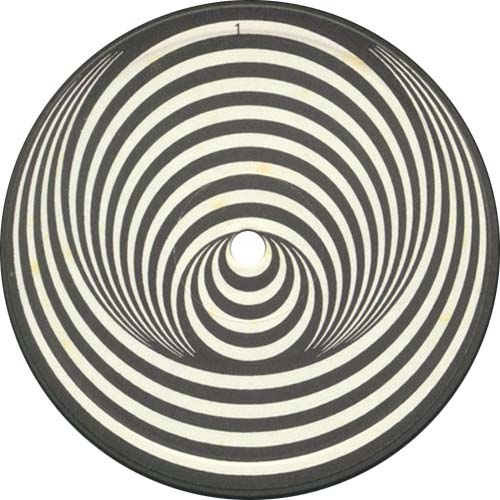Difference Between Vertigo and Dizziness

Sometimes small health issues that are temporary in nature can be quite annoying. Although they do not cause any serious harm, it can be rather discomforting. Issues such as a running nose, headache or minor pains in the body come to mind. You should never ignore any of these minor issues as they can sometimes be an indication to much more serious problems pertaining to your health.
You may often feel that your head is light and spinning in the air. This condition is called dizziness. You might hear the term vertigo along with dizziness as well. The two are similar but there are some subtle differences that are present between both.
Dizziness is a feeling characterised by light headedness, nausea and a spinning head at the same time. It generally comes without warning and goes away quickly. Vertigo is a kind of dizziness with its very specific characteristics and does not necessarily contain all the features that are covered under dizziness.
Instructions
-
1
Vertigo
It is one of the kinds of dizziness which is the most common. In vertigo, a person feels that his or her head is spinning or the room around the person is revolving. It can often be accompanied by nausea and vomiting.
The name is derived from the Latin word ‘verto’ which means a spinning or whirling movement. It generally takes place due to dysfunction of the vestibular function.
Common symptoms include nausea, difficulty in walking, falls and unsteadiness. It does have a negative effect on the quality of life in the long run.
If it lasts for more than one day, it is possible that the person is suffering from vertigo. It is important that you get medical help immediately as your doctor can help with this condition.
- Image Courtesy: bookofgrievances.files.wordpress.com
-
2
Dizziness
The common reasons for dizziness include inadequate supply of blood to the brain due to improper functioning of the heart or a sudden drop in blood pressure. Disorder in the ears and vision can also be another factor which can cause the onset of dizziness. Uneasiness of the brain or nervous system functions due to medication or sedation are also covered under dizziness.
Generally 20-30% of people experience dizziness during the year as it is a fairly common occurrence. However, if you feel dizzy on a regular basis then it is a good idea to seek the advice of a doctor.
It is classified into four main categories including Vertigo, disequilibrium, presyncope and lightheadedness. Vertigo is the most common and accounts for a significant number of dizziness cases that take place.
- Image Courtesy: michiganautoaccidentinjuryadvocate.com







